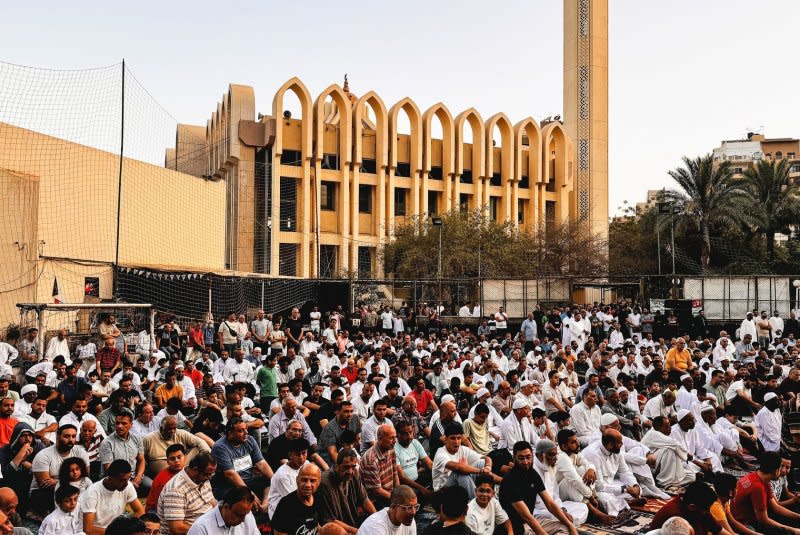1,300 'most vulnerable' Hajj pilgrims died from heat wave in Saudi Arabia

June 23 (UPI) -- A lack of cooling centers, sleeping accommodations and other critical support services made the effects of the heat wave that killed at least 1,300 Hajj pilgrims even more deadly, according to eyewitnesses and media reports.
The Hajj pilgrimage to Mecca, Saudi Arabia, is considered one of the five main tenets of Islam, and while the people who take the trek are required to register and receive proper permits, many don't. Those participants tend to be the most vulnerable.
The Saudi Arabian government said Sunday that 83% of those who died were "unauthorized to perform Hajj" and "walked long distances under direct sunlight, without adequate shelter or comfort." That included "several elderly and chronically ill individuals" among the deceased.
Temperatures exceeded 125 degrees Fahrenheit in Mecca during the five-day trek that began June 14, and saw a registered 1.8 million people attempt the journey to the holy city, although the actual tidal was much higher.

That's because Saudi Arabia approves a total of 1.8 million free Hajj visas each year, but hundreds of thousands of people who can't secure one, either because of the limited number or because of cost, still find ways to participate in the trek, often by using tourist visas which are provided by unlicensed travel agents. That leaves officials more unprepared than they otherwise would be to prepare for, and respond to emergencies.
The Egyptian government has vowed to revoke the licenses of 16 Hajj tourism companies involved in making illegal pilgrimages to Mecca and refer the company's managers to the public prosecutor.
Islam requires every Muslim who is physically capable of completing the Hajj at least once in their lifetime to do so, but even for those who are healthy, the rituals and practices include spending extended periods of time outside and walking long distances, and can prove dangerous, according to the Islamic Relief Agency. This year, the extreme heat and lack of services made the situation even worse.
As host of one of the world's largest religious gatherings, Saudi Arabia is facing growing scrutiny over its management of the Hajj as temperatures have risen steadily in recent years, and the trek is becoming increasingly dangerous.
Saudi Arabia has warmed at a rate that is 50% higher than the rest of the Northern Hemisphere over the last 40 years, according to a 2021 study published by the American Meteorological Society.
"Human survival in the region will be impossible without continuous access to air conditioning" if the climate trends continue, the report said.
The journal Geophysical Research Letters reported in 2019 that climate change will elevate heat stress for Hajj pilgrims to levels exceeding the "extreme danger threshold" from 2047 to 2052 and 2079 to 2086, "with increasing frequency and intensity as the century progresses," the report said.

